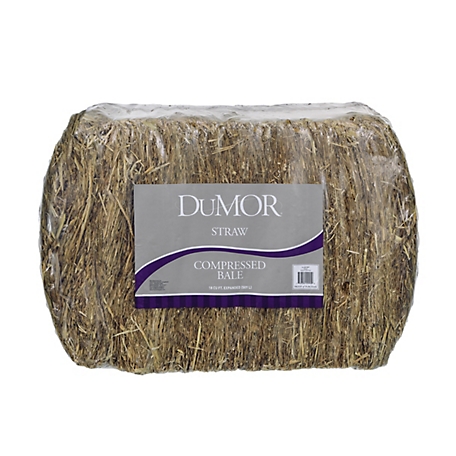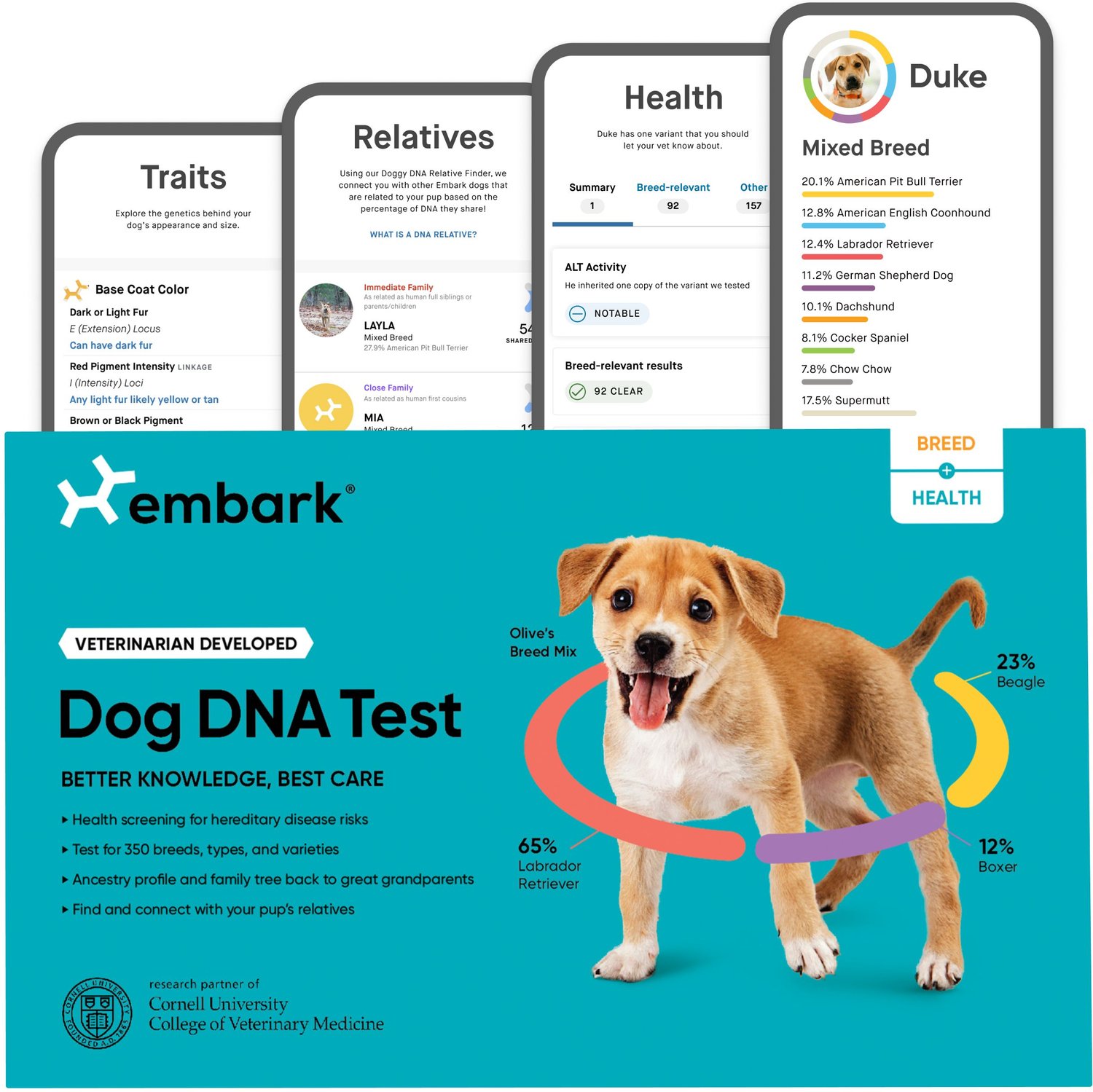DuMOR 2-String Wheat Straw Compressed Bale Pet Bedding, 18 cu. ft.
Use the DuMOR 2-String Wheat Straw Compressed Bale Pet Bedding for small animals and other uses. Great for multi-purpose applications, this straw pet bedding comes in handy for erosion control, decorative uses and more. The wheat straw also comes in compressed packaging, making it easy to move around when needed.
Use the DuMOR 2-String Wheat Straw Compressed Bale Pet Bedding for small animals and other uses. Great for multi-purpose applications, this straw pet bedding comes in handy for erosion control, decorative uses and more. The wheat straw also comes in compressed packaging, making it easy to move around when needed.
- For use with small animals
- Pet bedding is not recommended for horses
- Made with comfortable straw for long-lasting use
- Designed for multi-purpose use
- Can be used for erosion control to ensure safety
- Compressed packaging makes it easy to move around
- Made in the USA
- Dimensions of the compressed wheat straw bale: 12 in. x 16 in. x 22 in.
Additional information
| Country of Origin | Made in USA |
|---|---|
| Animal Compatibility | Small Animals |
| Expanded Volume | 18 cu. ft. |
| Product Height | 12 in. |
| Product Length | 22 in. |
| Product Weight | Sold by expand volume (18 cu. ft.) |
| Product Width | 16 in. |
| Manufacturer Part Number | WS01 |






by David
There are a number of feral cats that we had neutered and now live in houses we built for them outside and also some stay in our garage. The bedding keeps them dry and warm during the cold weather. The bale is easy to handle and separates easily.
by Laura
Keeps my puppies warm and dry.
by Tiddy
Love the softness but it holds moisture and gets a weird smell to it. Other than that it’s fabulous.
by Nelson
my outdoor cats are cozy & the equipment is great and all we need